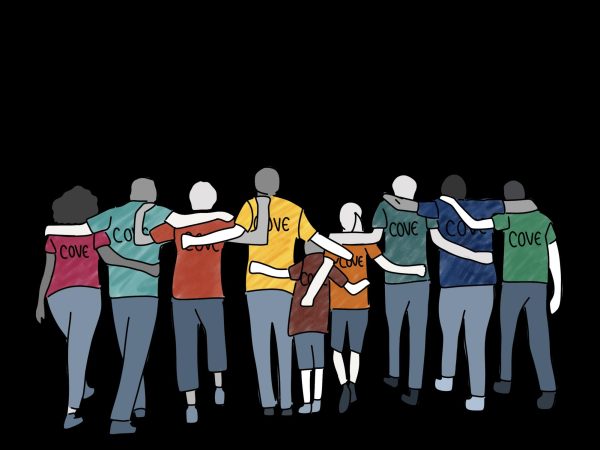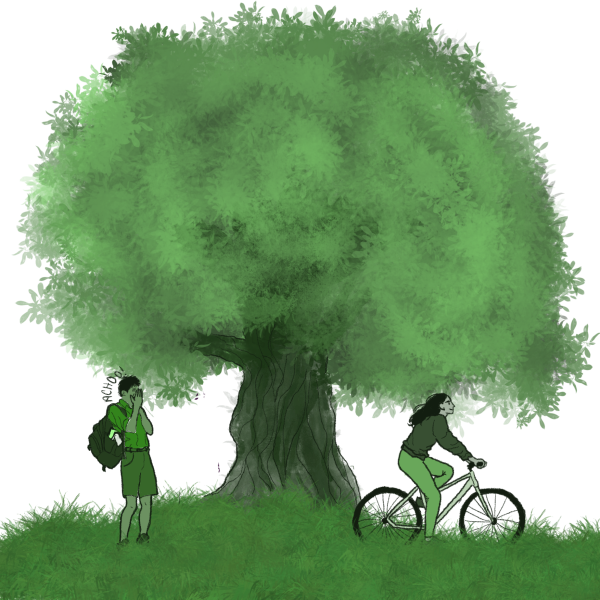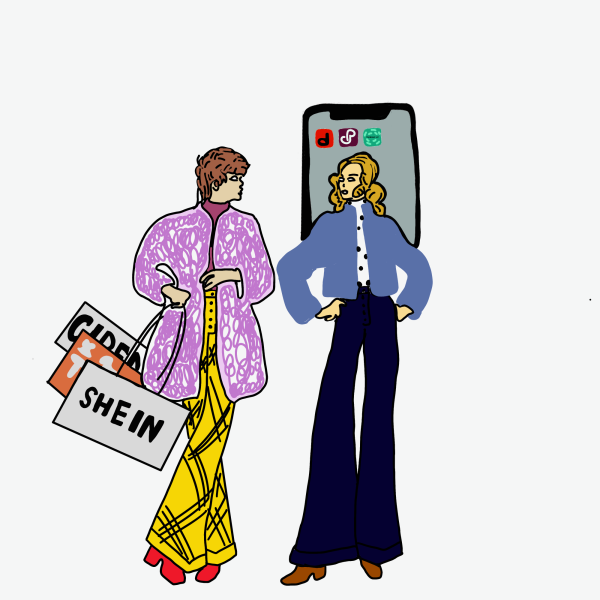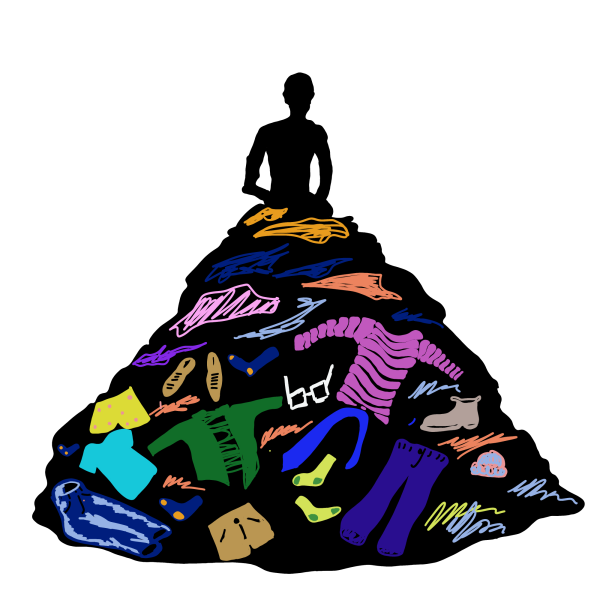Laziness: The True Threat to Our Planet
With paper brown bags from Chobani, plastic containers and around-the-clock printing, students unintentionally generate a large amount of waste in the library. The library is not the only breeding ground — dorms, dining halls and virtually all buildings on campus are home to single-use products. During the busy rush of classes or grueling sessions in the library, students have become reliant on these disposable items.
Recycling is seen as a solution to this issue. By following the directions on the infographics above the recycling and trash bins and placing our waste in the correct bin, one would hope that the damage caused by these single-use items is mitigated. Unfortunately, this is not the case. Recycling is a peeling bandage attempting to cover the bullet hole of waste, specifically in the form of single-use plastics.
Ideally, all of our plastic waste would be repurposed. According to The Atlantic, the United States recycled a mere five percent of its plastic waste in 2021. The crux of this issue lies in plastic production. Not all plastics can be recycled in the same way. Plastics are made with different materials, creating one thousand different variations and giving these products different melting points, according to Waste360. It becomes difficult to repurpose these plastics through the process of melting them down and reforming them because each variation of plastic requires a different melting time. Separating these plastics by variations is a costly and laborious process, and sometimes this is not even possible. Some products contain two different types of plastic which leave no opportunity for these products to be melted down and reused.
Furthermore, plastic loses its quality in this repurposing process. Let’s say a plastic product is the ideal situation of a homogenous mixture of the same type of plastic. Per Neste: Journey to Zero, since plastics consist of large molecules, breaking them into smaller pieces and melting them changes their chemical composition. This hypothetical product would still degrade after a few recycling cycles, thus becoming ineffective and ending up in a landfill or ocean.
While the plastic recycling process seems dismal, I would argue the true horror lies in our attitude toward recycling. All of us are eager to see recycling as a quick solution. We can use plastics as we please for our convenience while feeling pardoned from the guilt of being polluting agents. We throw our single-use plastics into the blue recycling bin without giving a second thought as to where our waste will truly end up. In an age where all of the information we could possibly want is at our fingertips, it takes only a quick Google search to realize that recycling hardly cancels out plastic disposal. It is our reluctance to truly address this problem and eagerness to cleanse our hands of any pollution-induced sin that poses a great risk to our climate.
We all recognize that climate change is here, it is rapidly evolving and it will change how we live. Yet, no one is truly willing to make the daily changes required to avert this crisis.
I am not suggesting that forgoing single-use plastics will solve all of our environmental woes. It won’t. But, I believe that making small, daily changes can help the planet. Minimal effort is needed to carry a reusable water bottle to avoid using a plastic one, or to opt for reusable silverware at mealtimes. I am sure most people do not want to wait to see whether there will be more plastic in the ocean than fish by 2050, as WWF discusses. Recognizing these recycling myths, attempting to make positive changes and turning our attention to the climate crisis at hand is the only way to protect the future of our planet.
Taking these steps requires us to change our daily routines — frankly, to combat our human nature of laziness and avoidance of topics that trigger fears of uncertainty and instability. We cannot change our past actions, but we can modify our present lifestyles to create a better future.










